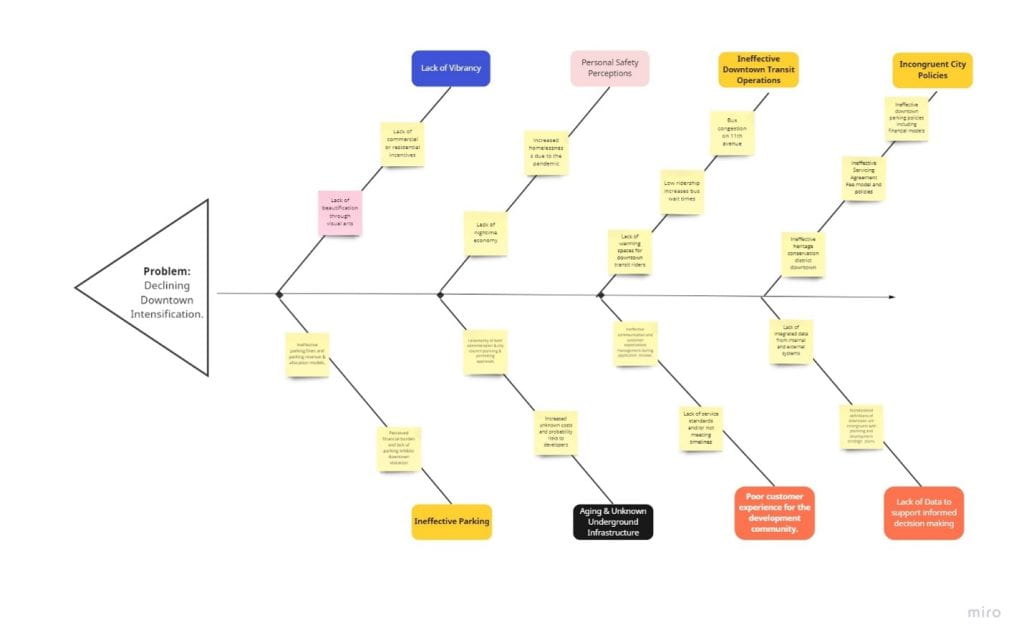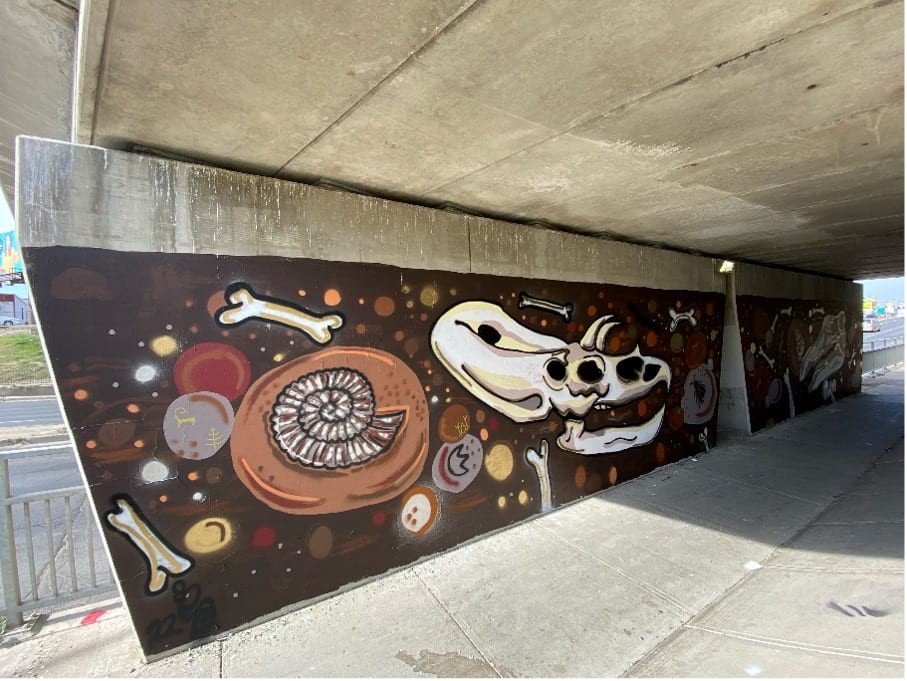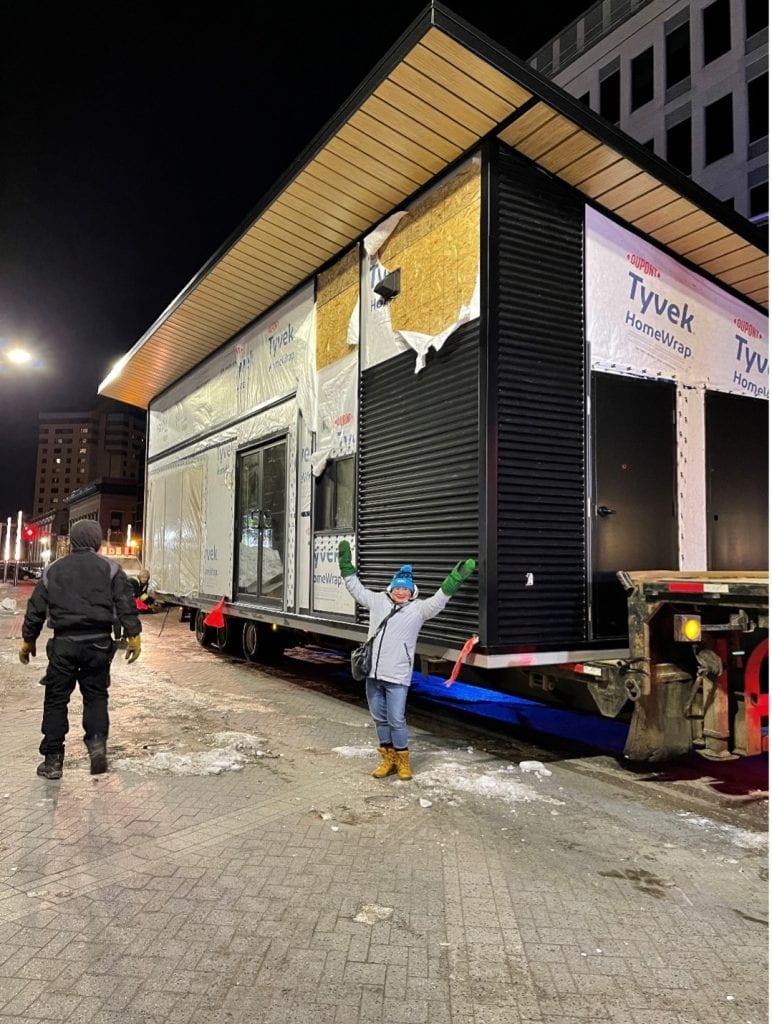Guest blog by Dawn Kobayashi
I had the absolute privilege of attending the IPP program on behalf of Harvard Bloomberg. I had the internal belief that I had some inkling knowledge about public policy….I was completely incorrect. I now understand why its called “Implementing Public Policy” because the implementation is the most difficult part of this journey!
Problem Driven Iterative Adaptation, sounds a little intimidating until you meet the most passionate, knowledgeable, and motivating team there is at Harvard — the PDIA team who took the time to break these steps into smaller steps, allowing us to try each step; iterate and figure out what we learned along the way. My single greatest learning was problem definition and why it is critical to getting off to the right start and preventing the dire statistics of public policy failures which do not focus on responding to the problems encountered by “both people and society”. The concept of legitimacy was fascinating to me because more times than not, this is overlooked. Many of us don’t take the time to garner political and public support for policy changes which ties in beautifully to the concept of lessons and leads. We build momentum and support by continually chasing leads and the learnings we gain from each of these interactions. Throughout this process of problem definition; we modify, iterate and hone the problem we are trying to solve.
Why does focusing on the problem definition matter?? By not focusing on the right problem (the root causes), governments and organizations can be working towards solutions that will never address the root causes the policies are designed to solve or have unintended consequences. Tools to assist with this foundational step in PDIA include the use of the Ishikawa fishbone diagram and the 5 Why’s. To ask ourselves and dig deeper: “Why does this matter?” repeatedly until the problem identification has been fully fleshed out and the bones (root causes) of the fishbone diagram are uncovered; this takes many iterations and continuous feedback from team members and stakeholders. I found this step, hands down the most crucial in ensuring the foundation of the problem has been set correctly.
The learnings throughout my PDIA journey have been numerous however, if I had advice to offer my PDIA colleagues it would be this. Get the problem right before any additional work begins; garner both functional and legitimacy support throughout this foundational step. Ask yourself and key stakeholders the tough questions to drive towards problem identification: can we obtain legitimate public or governmental support for this work, why does it matter and why should they care?
My PDIA policy challenge “Declining Downtown Densification” identified lack of vibrancy, personal safety perceptions, ineffective transit operations, incongruent city policies, ineffective parking strategies, aging and unknown underground (waster and wastewater) infrastructure, poor customer experience and lack of data to support informed decision making as the primary root causes of declining downtown densification.

Our progress to date includes:
- Lack of Vibrancy:
- Community consultation and City council approved development incentive packages for intensification in the city centre core areas.
- Planning and Development departments within the City are currently doing a full policy review and Official Community Plan review to review all policies that do not achieve the outcomes desired by City Council
- Beautification of the downtown has resulted in 6 large scale murals completed by local artists installed on buildings and walking paths in the city centre, a winter warming chalet has been installed in our downtown for outdoor ice skating.
- A houselessness team was assembled which resulted in the creation our cities first Indigenous led 24 low barrier supportive housing units where those without a home were provided with the cultural, mental health, addictions supports and additional supportive services which is the next steppingstone beyond an emergency shelter. This is proving to have positive outcomes due this initiative being Indigenous led as 85-87% of our homeless community is Indigenous.



- Aging and Unknown Underground Infrastructure:
- City administration has just completed and presented to City Council the first ever State of Infrastructure report, which included a $655 million dollar infrastructure deficit.
- Planning and infrastructure including roads and roadways are working in collaboration to be better planned, prepared and ready for investment opportunities.
- Poor Customer Experience:
- Regular stakeholder feedback and problem identification sessions are being held with the development community; to help shape policy and process work and generally improve their experience dealing with the City of Regina.
- Key performance indicators, objectives and targets are being worked on to measure outcomes and define success throughout the entire planning and development lifecycle within the City of Regina.
- Personal Safety Perceptions
- A community support program was implemented downtown for the primary purposes of connecting our most marginalized residents with support services including basic necessities of food and water and providing businesses support to ensure customers feel safe entering their businesses coming out of pandemic recovery.
- Lack of Data to Support Informed Decision Making
- Bi-weekly data meetings are now being held with senior city administration; convened by the Mayor as part of the Harvard Bloomberg data track to introduce a data driven informed culture within City administration.
- City council is now accustomed to requesting additional data from city administration to make more informed decisions that impact all residents.
Words of advice to my colleagues: “Spend more time than feels natural on problem definition and the root causes; then spend this plus additional time and energy garnering feedback and building the momentum of support that is needed to address your policy challenge”. A huge thank you to my colleagues for being part of the PDIA journey and a massive heart felt thank you to Matt and the Harvard PDIA team for sharing your incredible gifts of knowledge with us!!!
This is a blog series written by the alumni of the Implementing Public Policy Executive Education Program at the Harvard Kennedy School. Participants successfully completed this 6-month online learning course in December 2022, with support from the Bloomberg Harvard City Leadership Initiative. These are their learning journey stories.
